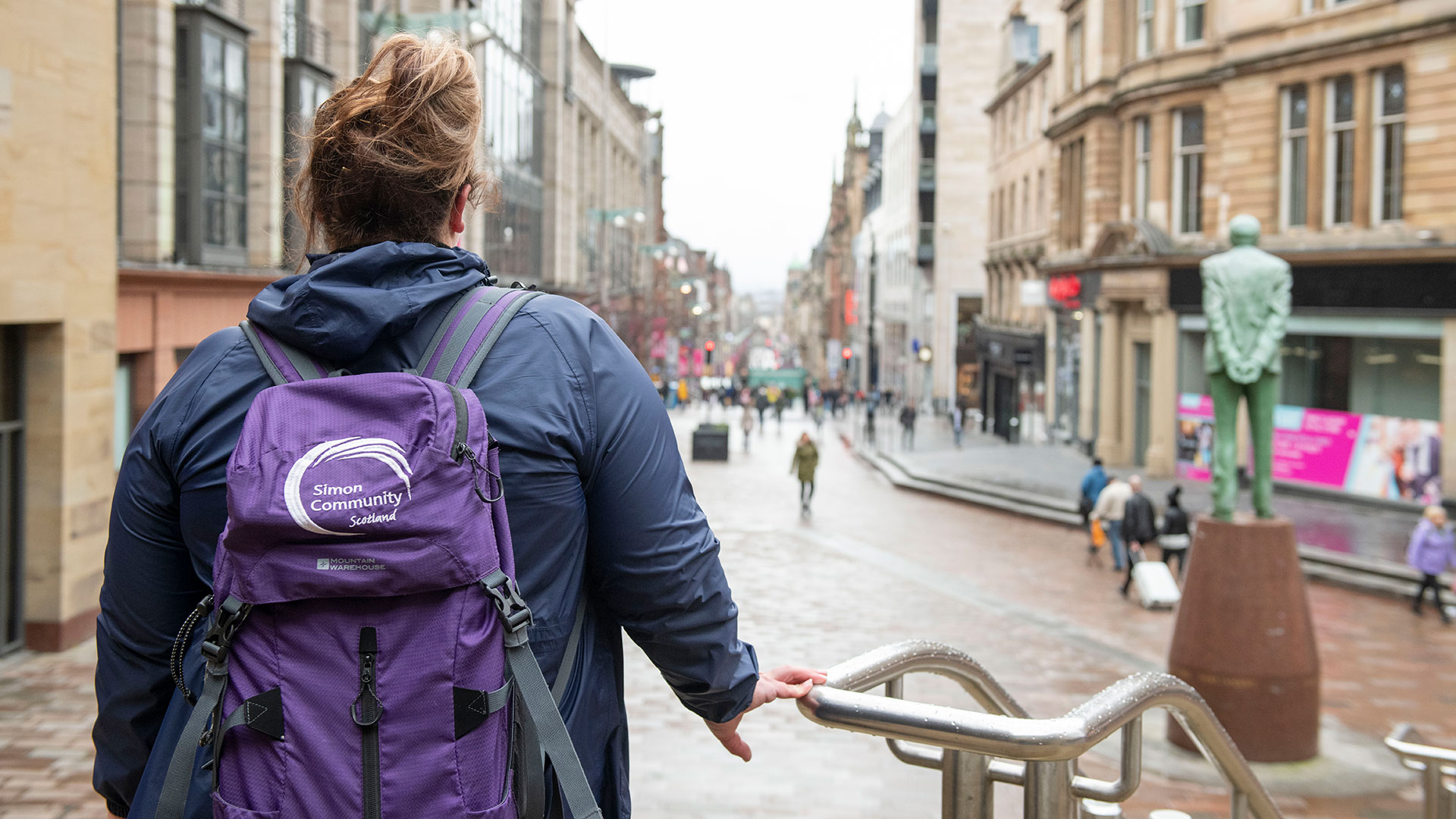The decision to make Britain’s most vulnerable people the guinea pigs with Universal Credit’s “digital by default” application process has risked driving thousands deeper into desperate poverty because of a lack of computer skills.
It has been an integral part of the controversial benefits system since it was unveiled in 2012 – an approach that Citizens Advice immediately warned could “risk causing difficulties for 14.5 million who have virtually no ICT skills”.
We are there to prevent rough sleeping and help people into emergency accommodation, and to do that we have to be out here on the street building up that rapport
Fast forward to August 2018, and Glasgow City Council unveiled a solution to the digital skills gap facing many rough sleepers, unveiling the Digital Inclusion Officer role.
It called for a roving support worker to roam the streets of Glasgow with a trusty iPad in hand to help rough sleepers sign up for Universal Credit.
Elaine Jameson took up the challenge, working in partnership with the local authority and homelessness charity Simon Community Scotland.
It forms part of the council’s attempts to lift beggars out of poverty by removing their reasons to beg for cash. Other measures they are introducing include the ability to donate-with-one-tap Alternative Giving Scheme – like the ones used in Cardiff, Manchester and London – alongside a new multi-agency city centre hub to tackle rough sleeping.









